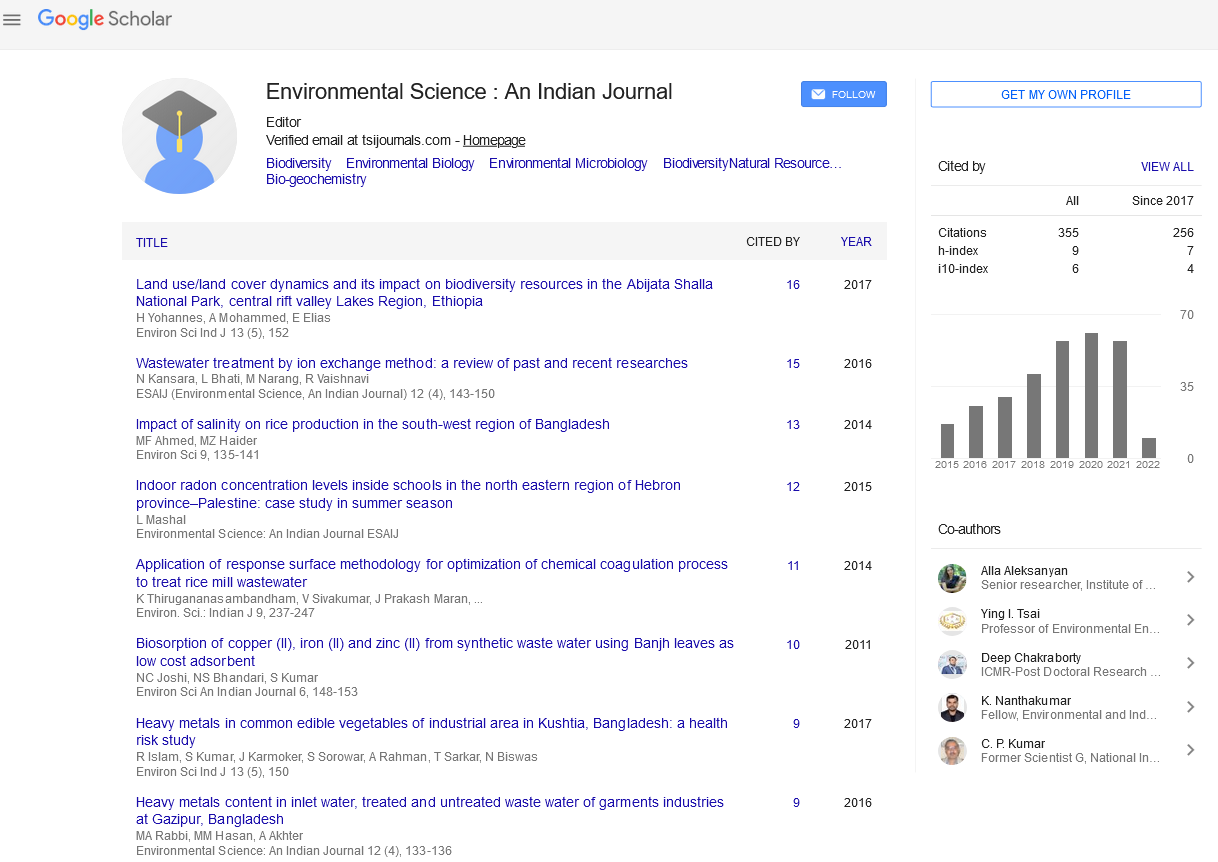Abstract
New additive to improve coagulation for turbidity and total solids removal fromgreywater
Author(s): Bruna S.Revolta, Maria A.Barros, Moilton R.Franco Jr.Alum-coagulation, Iron-coagulation and Iron-NH4 enhanced with ascorbic acid were used on the samples that were synthetically prepared and treated in reactors at ambient temperature to meet the Brazilian water quality discharge limits or to be reused. A series of jar test experiments was run at 150 rpm for 2 min and 30 min for settling. 95 mg/L dose of traditional coagulant (alum, iron or iron-NH4) was applied at pH ranging from 4-10. The coagulation was enhanced by adding doses of ascorbic acid resulting in three concentrations: 2.38, 7.14 and 11.9 g/L. Raw and coagulated greywater samples were analyzed for their turbidity, TS and conductivity as a function of time. The jar test experiments provided evidence that coagulation process could not provide sufficient TS removal efficiency in the greywater except at an iron-NH4 + acid in all concentrations of the acid reaching a maximum removal after 4-5 h decanting. Turbidity was better removed when the small concentrations of ascorbic acid was employed. Generally, enhanced coagulation process using ascorbic acid was not sufficient to meet turbidity (< 20 mg/L) and TS (100 mg/L) limits. The highest turbidity removal (95%) was obtained at the range of 2.0–4.3 pH values, whereas turbidity removal was lesser in the greywater treated with Iron Chloride in the 11.90 g/L concentration. All experiments with controlled pH resulted in treated greywater with increasing in conductivity. Conductivity was found significantly high when controlled pH was used in the coagulation process.

